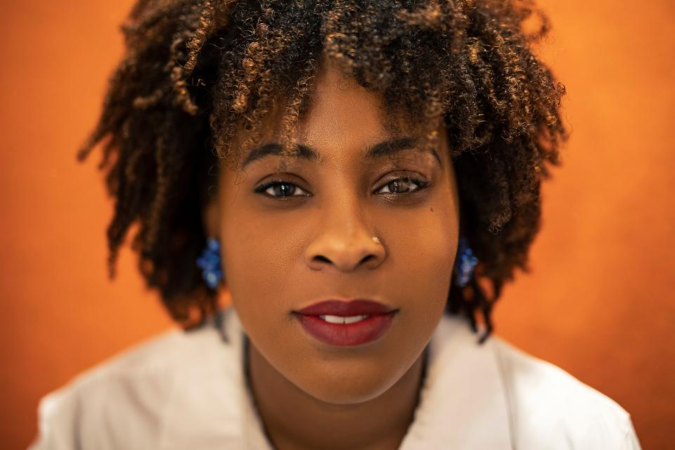Whether you’re walking down the street, sitting on the subway or waiting in a local coffee shop, it’s hard to find anyone who isn’t glued to their phone. Out of those hundreds of people, there may be at least one person checking up on their physical health through an app or mobile service.
“Mental health is not the same as mental illness. We should be keeping up our mental health the way we keep up our physical health. There’s just a huge stigma that we have to work to overcome,” Ashley Edwards, the founder and CEO of MindRight, said.
MindRight — originally a service for teenagers — provides mental health coaching through text messages. The coaches text clients throughout the week to check on their progress. Edwards started building the platform while working as the director of operations at a Newark, New Jersey charter school.
“My school was very focused on college prep and grades, but as a whole, we weren’t really doing enough to address the mental health needs of my students,” Edwards said. “Most of my students were living in neighborhoods where there was concentrated poverty, they were exposed to violence and they were impacted by mass incarceration.”
As more people began taking advantage of their health through remote medical services, it’s no wonder that teletherapy would be the next step.
“I wanted to create something that met kids where they are,” Edwards said. “I thought about texting and saw that as an intervention. I wanted to apply it to mental health and dealing with trauma.”
MindRight officially launched in June for users of all ages. People can start using the service by texting “hello” to talk at 886-886. A coach will respond and give users the chance to express what they’ve been feeling, then later provide some techniques to work through those situations. The coaches also do periodic follow-ups to ensure that clients are doing well.
“The root of a lot of pain is loneliness,” Edwards said. “We are able to address that by checking in on someone and making sure they’re good.”
MindRight coaches go through a heavy vetting process that includes background checks, 20 hours worth of training, modules, and simulations led by Dr. Jaime Mendoza-Williams, the company’s Chief Wellness Officer.
“One of our core principles is radical self-care. Part of the training is knowing when you need to take a step back to handle self-care,” Edwards said. “We have to be very emotionally aware if we expect to be great coaches for our members.”
The company also offers unlimited paid time off to its employees and gives mental health check-ins during meetings. Since mental wellness is central to MindRight’s values, it works to ensure that not only its users but also its coaches are taking care of their mental health.
Overall, Edwards hopes her platform will change perceptions of both mental health and self-care.

